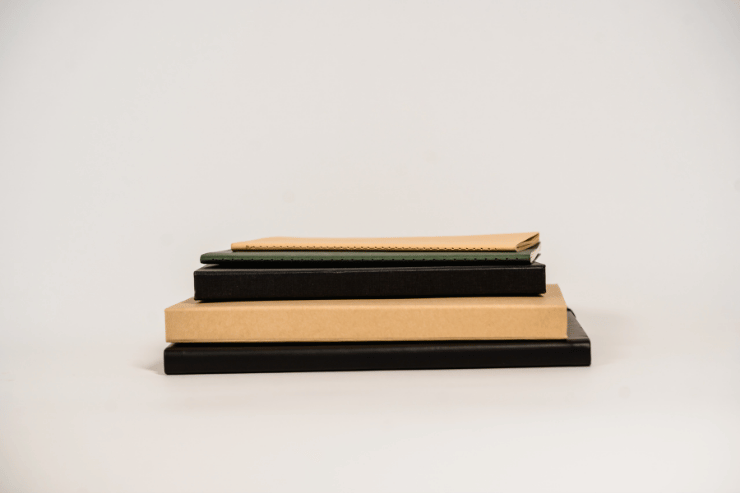
Introduction
In India’s academic environment, publishing in the wrong journal can cost a PhD scholar far more than just time or money — it can affect credibility, promotions, and even final thesis submission. This is especially true when a journal is blacklisted by the University GrantsCommission (UGC) or All India Council for Technical Education (AICTE). Yet, many researchers still fall into this trap, often unknowingly.
This blog explains why certain journals get blacklisted and, more importantly, how Indian scholars can avoid them while staying aligned with institutional requirements.
Why Do UGC or AICTE Blacklist Journals?
Blacklisting is not random. Journals get blacklisted when they:
- Lack peer review: Accept papers without any academic scrutiny.
- Exploitative fees: Charge high Article Processing Charges (APCs) with no real editorial process.
- Fake metrics: Use fabricated impact factors or misleading indexing claims.
- Duplicate or plagiarised content: Publish low-quality or recycled material.
- Predatory behaviour: Email researchers aggressively, promise rapid publication, or falsely claim affiliations with reputed indexing bodies.
Such journals damage the credibility of research, and UGC/AICTE periodically reviews and removes them from their approved lists.
How This Impacts Indian Researchers
Many Indian universities only accept publications from UGC CARE-listed or Scopus-indexed journals. If you publish in a blacklisted journal:
- Your paper might not be counted for your degree or promotion.
- You may be asked to republish your work elsewhere, losing months or years of effort.
- Your institution may question your academic judgment or pressure you to justify the submission.
In extreme cases, publications in blacklisted journals can delay thesis submission, particularly in private universities where academic audits are strict.
Step-by-Step Guide to Avoid Blacklisted Journals
1. Start with Institutional Guidelines
Each university often has its own list of accepted journals or may follow UGC CARE. Before submitting, consult your research guide or department coordinator. What may be acceptable in one university might be rejected in another, especially in private vs. public institutions.
2. Check UGC CARE Status
Do not assume a journal is safe just because it was listed once. UGC CARE is updated regularly. A journal that was approved last year may no longer be valid. Always verify the current status before submission.
3. Evaluate the Journal Website Carefully
Check for red flags like:
- Grammar mistakes in the editorial board section
- Missing or fake ISSN numbers
- Unrealistic promises like “publish in 48 hours”
- Lack of clear peer review policies
If the journal claims it is indexed in multiple databases but provides no verifiable proof or working portals, treat it with suspicion.
4. Ask Peers and Faculty
Academic communities often know which journals to avoid. A senior scholar or librarian might know whether a journal is under scrutiny. Don’t hesitate to ask, especially when you’re unsure.
5. Watch for Sudden Name Changes
Some blacklisted journals rebrand themselves with new titles or websites. Always check for any recent name change, publisher change, or “updated” ISSN. These are sometimes tactics to re-enter indexing systems after being delisted.
Common Myths About Blacklisted Journals
- “It’s still on Google Scholar, so it must be fine.”
Google Scholar indexes everything, including blog posts. Presence there doesn’t mean quality or approval by UGC or AICTE.
- “My colleague published there and had no issues.”
Rules evolve. What was overlooked in the past might now be strictly monitored, especially after institutional audits or funding revisions.
- “The journal looks international and professional.”
Appearance is easy to fake. Some predatory journals copy layout styles from reputed publishers. Don’t judge based on design alone.
Private University Concerns
PhD scholars in private institutions face more pressure regarding compliance with official lists. Many universities link honoraria, thesis acceptance, or teaching fellowships with valid publication records. Faculty are often told to ensure their PhD students avoid blacklisted or predatory journals.
This makes it even more important to double-check everything — journal name, indexing status, publication timelines, and editorial process.
Conclusion
Publishing in a blacklisted journal isn’t just an academic misstep — it’s a barrier to academic growth. While it’s easy to get tempted by fast-track publishing or lower fees, the long-term consequences can outweigh any short-term benefits. A good rule for Indian scholars is this: if it looks too easy, it probably is.
Be cautious, be informed, and always cross-check — not just for UGC and AICTE compliance, but for the integrity of your academic journey. In the end, publishing is not just about adding a line to your CV. It’s about contributing meaningfully to your field — and that requires credible platforms.
